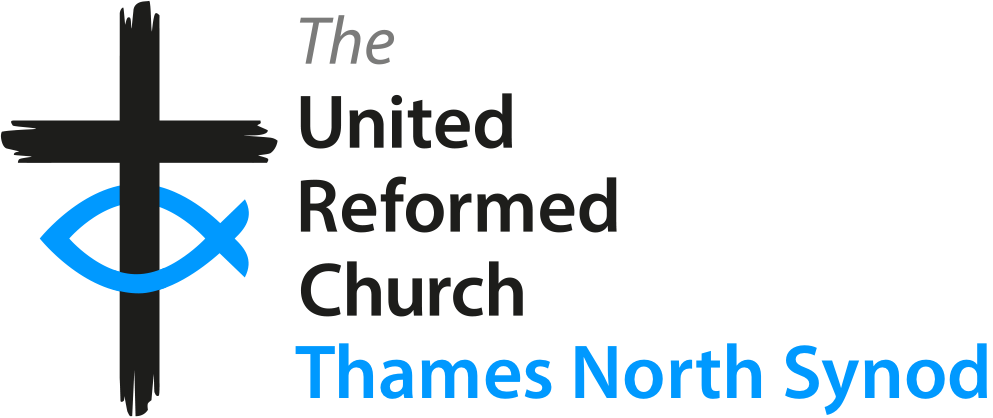Property
-
Guidance and procedures for the care, maintenance, and development of church property.
-
Information on applying for grants, loans, and the release of funds for building work.
-
Guidance on hiring out church halls, letting property, and the procedures for sales and leases.
-
Procedures for carrying out essential Annual and five-yearly Quinquennial Inspections.
-
Your legal duties regarding fire safety, asbestos, gas and electrical safety, accessibility, and more.
-
Guidance on the Regulatory Reform (Fire Safety) Order 2005, including the need for a Fire Risk Assessment.
-
Your duty to manage asbestos under the Control of Asbestos Regulations 2012, including surveys and management plans.
-
Your responsibilities as a landlord for gas safety checks in residential properties and five-yearly electrical testing.
-
Your duty to make 'reasonable adjustments' to ensure church buildings are accessible to people with disabilities.
-
CDM (Construction) Regulations
The legal requirements for managing health and safety during any construction or building project.
-
An overview of the various copyright and performance licences required for church activities.
-
-
Download essential forms, agreements, and guidance notes for property management.
-
Contact details for advice and support on all property matters.
-
Funding & Major Projects
Information on applying for grants, loans, and the release of funds for building work.
Grant & Loan Applications
Local churches can apply to the Synod Resources Committee for grants and/or loans for a wide variety of uses, including building projects. It is strongly recommended that you discuss your plans with the Synod Property Development Worker before completing any application paperwork.
There are two different processes depending on the scale of your project: a simplified process for minor works and a more detailed process for major capital works.
Minor Works Projects (Simplified Process)
For minor works, your church is usually expected to contribute to, or pay for, the entire project through local fundraising or applications to other grant-making trusts. To apply for Synod funding, you must submit the following documents to the Resources Committee secretary at least three weeks before their next meeting:
- A completed Grant/Loan application form.
- Your Church’s Mission Statement.
- Your latest Church Accounts.
- Your latest Quinquennial Inspection report.
- Full details of the project, including any drawings.
Your Local Area Group (LAG) must be given the opportunity to comment on the application before it is submitted.
Major Capital Projects (Project Development Group Process)
For large or complex building projects, the church must appoint a Project Development Group (PDG) to oversee the work. The initial idea should be brought to the Synod Property Development Worker for comment. If the project is deemed viable, the PDG is formed to guide the church through the process and report on progress to the LAG and Synod committees.
The Project Development Group will typically include:
- Members of the local church.
- A Local Area Group representative.
- An Architect or Surveyor.
- The Synod Property Development Worker.
For large projects, it is essential to engage a professional team and to include all costs in your application, including professional fees, VAT, and a contingency of 5-10%.
Release of Funds
Churches must seek the approval of the Synod Resources Committee for the release of any funds held in trust from previous dealings with church property (e.g., a property sale). This is done using the same Synod application form. Synod approval is not required for funds held in trust from a legacy or other benefaction.
The 'Property Application Guidance Note' and the relevant application forms are available on our Property Resources & Forms page.
